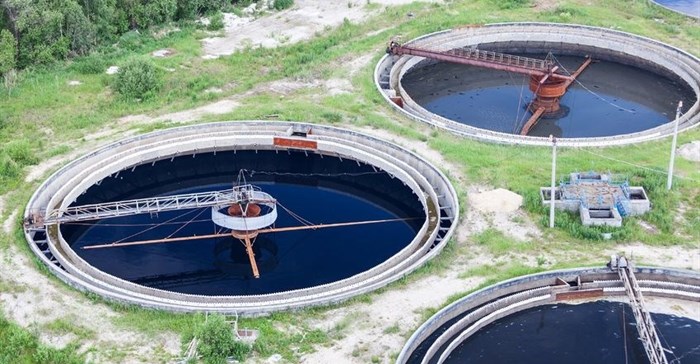Growing concerns about water scarcity and infrastructure inadequacy in South Africa, and a rise in environmental awareness are said to be escalating the need for effective water treatment chemicals and accelerating the move away from conventional methods of water and wastewater treatment towards mechanical separation and biological methods.
“A decline in water levels and water quality, as a result of a threatening water crisis across South Africa, is prompting treatment chemical companies to invest in alternative water treatment methods,” says Frost & Sullivan Visionary Science Practices research analyst, Justin Malherbe. “As a result, the opportunities for suppliers within the water and wastewater treatment chemicals market is expected to increase.”
Recovery expected
According to Frost & Sullivan's market analysis Industrial Water and Wastewater Treatment Chemicals Market Analysis in South Africa, Forecast to 2020, the market, valued at $159.3m, experienced a significant decline between 2013 and 2014 due to political and economic instability. However, it is expected to recover and reach $199m by 2020. The largest chemical segment in 2015 was coagulants and flocculants, with revenues of $59.8m. This segment is expected to be the slowest developing segment; however, it will retain the largest market share in the forecast period. The ‘other’ chemicals segment is expected to be the fastest growing chemicals segment.
Despite the economic recovery and consequent rise in demand, the wastewater treatment chemicals industry in South Africa is threatened by low-cost imports from Asia and the Middle East. Furthermore, a lack of sufficient skills and expertise in treatment chemical manufacture and implementation is expected to partially mitigate market growth over the next two years.
Market optimistic
“Market participants are, however, optimistic about their prospects. The government has been encouraging industrial wastewater treatment and reuse by imposing penalties on non-compliance and rolling out incentive-based Green Drop and Blue Drop regulations,” noted Malherbe. “Additionally, updates to regulations and policies are impelling Eskom as well as other companies to achieve the zero liquid effluent discharge targets, boosting the demand for water treatment chemicals among industry end users.”
For more information on this analysis, click here.








































